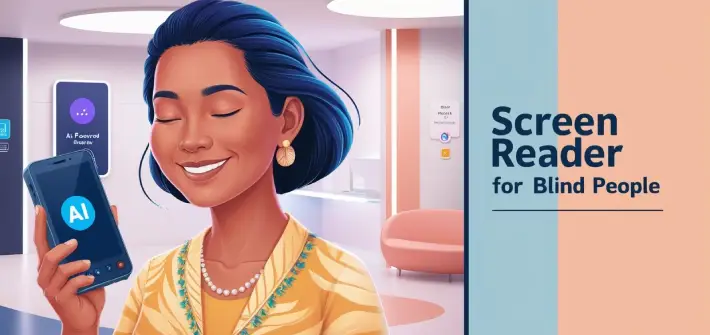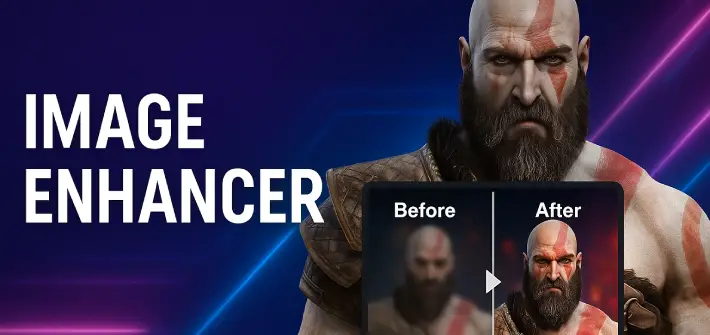The gaming industry has always been at the forefront of technological advancements, and the incorporation of artificial intelligence (AI) is no exception. AI-powered game development tools are transforming the landscape of game creation, making it more efficient, creative, and engaging. In this comprehensive guide, we will explore the impact of AI in game development, highlighting various tools and technologies that are revolutionizing the way games are made.
The Impact of AI on Game Development
Enhancing Creativity and Efficiency
AI-powered game development tools are significantly enhancing creativity and efficiency in the game development process. These tools leverage machine learning algorithms to automate repetitive tasks, generate realistic environments, and create complex characters, allowing developers to focus on more creative aspects of game design. This not only speeds up the development process but also reduces costs and resource requirements.
AI NPCs (Non-Player Characters)
One of the most noticeable impacts of AI in game development is the creation of more intelligent and responsive non-player characters (NPCs). AI algorithms enable NPCs to learn from player interactions, adapt their behavior, and provide more dynamic and immersive gaming experiences. This results in NPCs that can strategize, cooperate, and compete with players in a more realistic manner, enhancing the overall gameplay experience.
AI Scriptwriting
Generating Engaging Narratives
AI is also making strides in scriptwriting for video games. AI-powered scriptwriting tools can generate engaging and branching narratives that adapt to player choices. These tools analyze vast amounts of data from previous games and literature to create compelling storylines that keep players hooked. By automating the scriptwriting process, developers can produce more intricate and interactive stories with less effort.
Personalized Gaming Experiences
AI scriptwriting tools can also personalize gaming experiences by tailoring narratives based on player preferences and behaviors. This level of personalization ensures that each player experiences a unique story, increasing replayability and player engagement. As a result, games become more immersive and satisfying, catering to a broader audience.
AI Artwork Generation
Creating Stunning Visuals
AI-powered tools are revolutionizing the creation of game art. These tools can generate high-quality textures, models, and animations with minimal human intervention. By using AI algorithms, developers can create realistic and diverse game worlds that captivate players. This automation not only speeds up the art creation process but also allows for the generation of assets that would be time-consuming and expensive to produce manually.
Enhancing Visual Consistency
AI artwork generation tools ensure visual consistency across different game elements. They can analyze the art style of a game and generate new assets that match the existing aesthetic. This consistency is crucial for maintaining immersion and coherence in the game world, providing players with a seamless visual experience.

Game Development Automation
Streamlining Development Processes
AI-powered automation tools are streamlining various aspects of game development, from coding to testing. These tools can automatically generate code snippets, detect and fix bugs, and optimize game performance. By automating these tasks, developers can focus on more complex and creative challenges, accelerating the overall development timeline.
Improving Game Quality
AI-powered automation tools can also enhance game quality through thorough testing and quality assurance. These tools simulate thousands of gameplay scenarios to identify and resolve issues before the game’s release. Rigorous testing ensures that games are polished, bug-free, and provide a better player experience, reducing the need for post-release patches.
AI-Powered Anti-Cheat Systems
Ensuring Fair Play
Cheating is a persistent issue in the gaming industry, as it undermines fair play and diminishes the gaming experience. Therefore, AI-powered anti-cheat systems are designed to detect and prevent cheating in real-time. These systems, consequently, analyze player behavior and gameplay data to identify suspicious activities. As a result, they take appropriate actions to maintain a fair gaming environment.
Promoting Safe Gaming Communities
By leveraging AI to combat cheating, game developers can foster safer and more enjoyable gaming communities. Consequently, players can trust that their achievements are earned legitimately. Additionally, they can engage in competitive play without the fear of encountering cheaters. Therefore, this promotes a positive gaming culture and encourages more players to participate in online games.
Conclusion
AI-powered game development tools are revolutionizing the way games are created, offering unprecedented levels of creativity, efficiency, and quality. From intelligent NPCs and engaging narratives to stunning visuals and robust anti-cheat systems, AI is transforming every aspect of game development. As these technologies continue to evolve, we can expect even more innovative and immersive gaming experiences in the future. Embracing AI in game development is not just a trend but a necessary step towards the future of the gaming industry. By leveraging AI-powered tools, developers can push the boundaries of what is possible, creating games that captivate and inspire players around the world.




